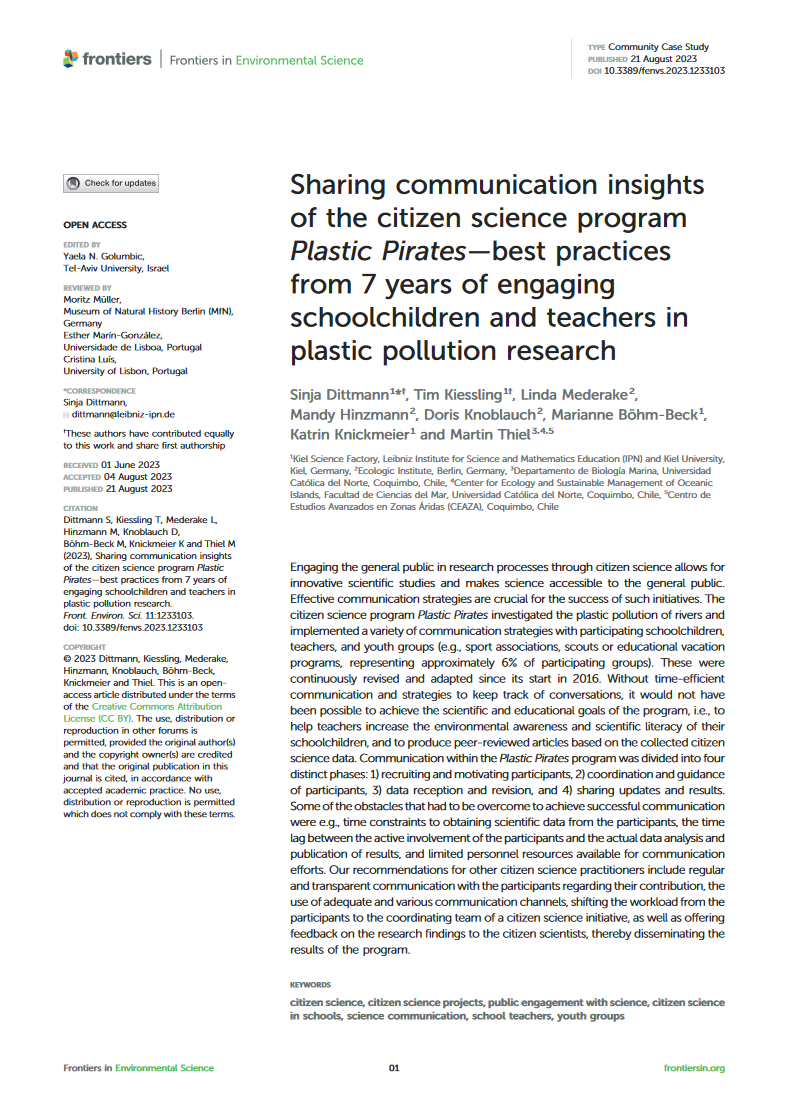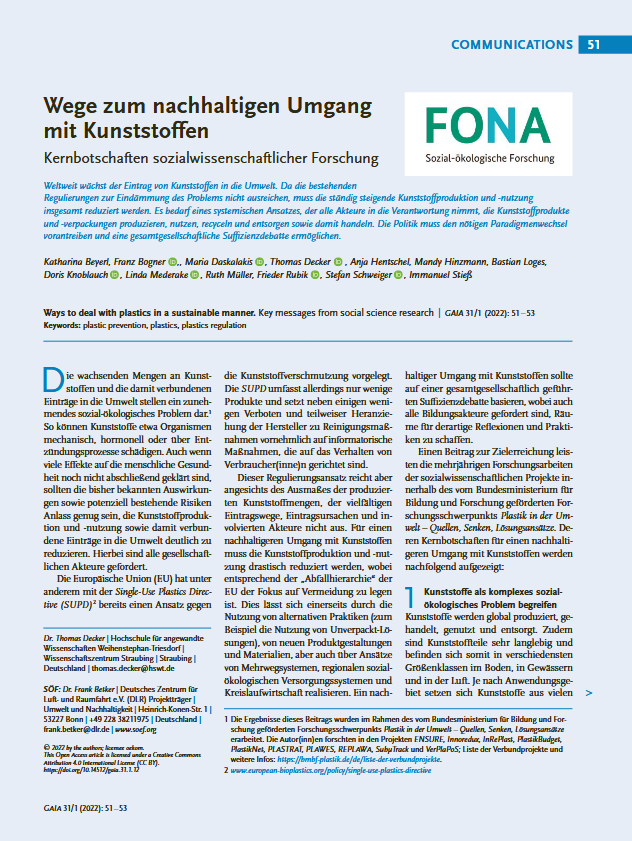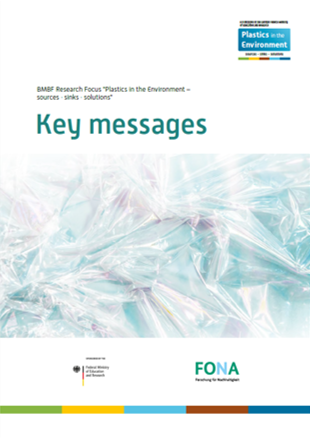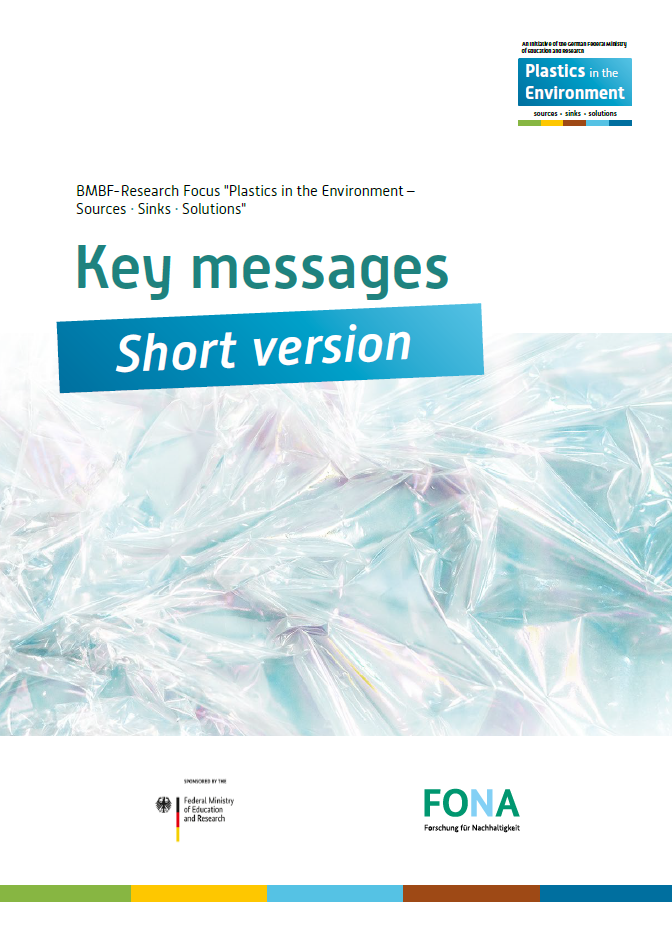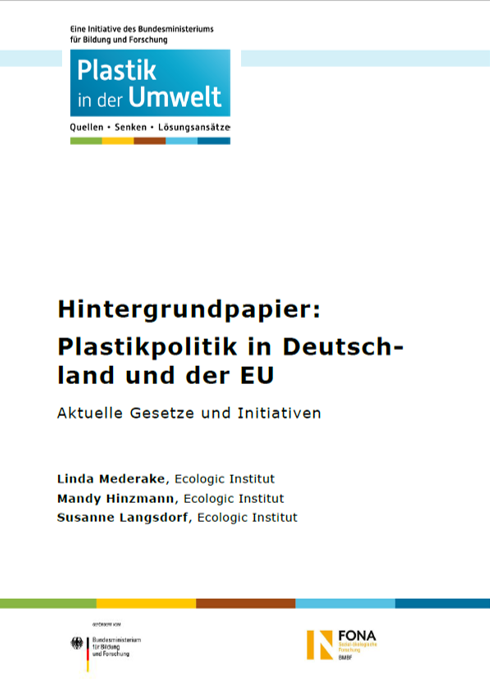photo: Melanie Pöhlmann
The Challenge of Reducing (Micro)Plastic Emissions
Possible contribution of consumers and recommendations for effective policy interventions
- Presentation
- Date
-
- Location
- Paris, France
- Speech
Frequently, media communication and political measures to reduce (micro)plastic emissions focus on the responsibility of private consumers. But to what extent are those actually able to make a significant contribution to the reduction of (micro)plastic emissions?
Drawing on results from several interdisciplinary research projects funded under the German research focus “Plastics in the Environment”, in her presentation Linda Mederake (Ecologic Institute) shared insights regarding the patterns of societal perception and behavior in dealing with (micro)plastics as well as the scope for action of different actors to reduce (micro)plastic emissions into the environment.
She pointed out that appealing to the responsibility of private consumers, whose options for exerting influence are severely limited, is not sufficient. Instead, (micro)plastics regulation should address all stages of the plastics life cycle. The presentation highlighted crucial target points for future (micro)plastics regulation and provided policy recommendations for effective policy interventions to reduce (micro)plastic emissions in freshwater ecosystems and beyond.






